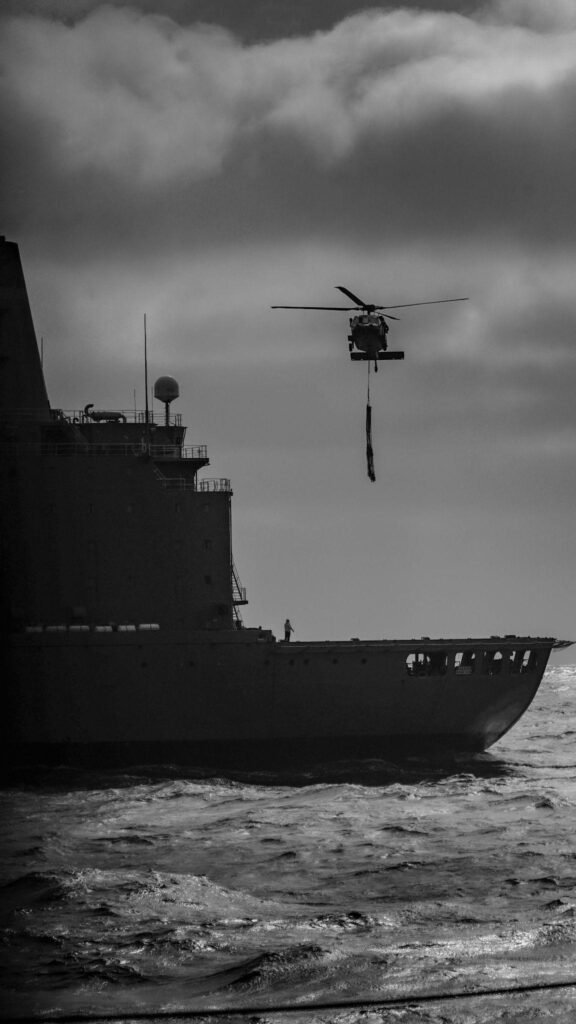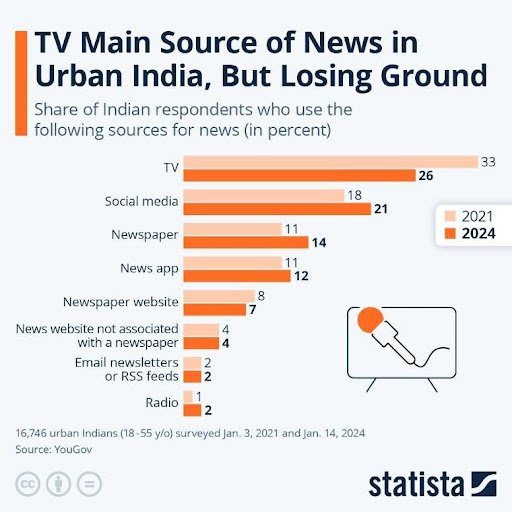
When a missile flies over the Middle East, oil prices rise across the globe. But how does a conflict between Iran and Israel end up inflating your grocery bills, and why does it matter?
What was once limited to proxy wars and rhetoric has now spilled into confrontations, shaking global markets, threatening key shipping lanes, and bracing nations worldwide for the economic fallout.
Why Did the War Start?
The Iran-Israel conflict did not suddenly erupt overnight; it’s the result of decades of ideological tension, regional struggles for power, and proxy wars. Since Iran’s 1979 Islamic Revolution, Iranian leaders have refused to recognise Israel and have supported radical groups such as Hezbollah and Hamas that oppose Israel. Israel is accusing Iran of harbouring genocidal intentions, and Iran accuses Israel of conducting a genocide in Gaza. Meanwhile, Israel views Iran’s nuclear ambitions and expanding influence across the Middle East as direct threats.
Although both countries have engaged in proxy conflicts for years, tensions increased in 2024. After Hamas (an Iran-backed organisation) launched an attack on Israel in October 2023, Israel responded with an airstrike on Gaza. Iranian-backed militias across the region began firing at Israel. Tensions reached a new high in April 2024 when Iran carried out its first direct drone and missile attacks on Israel. Israel responded by targeting Iran, turning a covert conflict into a more visible and riskier international confrontation.

Global Oil Prices
The Iran-Israel conflict directly influences global oil prices because it threatens the stability of major oil-producing regions and strategic shipping routes. Iran is an OPEC member and controls access to the Strait of Hormuz, a narrow waterway through which about 20% of the world’s oil supply is transported. Any military tension near this chokepoint can trigger panic in energy markets, causing oil prices to spike even if oil production remains unaffected. Investors anticipate shortages and adjust prices accordingly. In early 2024, when Iran attacked Israel with drones and missiles, Brent crude prices soared by 4–5% overnight.
The conflict also destabilises neighbouring regions like Iraq and Saudi Arabia, both key oil exporters. Additionally, Iran-backed Houthi rebels have targeted oil tankers and commercial vessels in the Red Sea, raising shipping insurance costs and rerouting expenses. Prolonged war or ongoing threats increase uncertainty in the global economy. As costs for shipping and extracting oil rise, prices for fuel, air travel, food, and manufacturing also grow, showing how a distant war can swiftly impact consumers worldwide.

Defence Budget/ Increased military spending
The conflict between Iran and Israel has sharply increased defence spending in the region. Both nations are heavily investing in missile defence, surveillance, and advanced weapon systems to prepare for a possible escalation. Israel, already among the most militarised countries in the world, has significantly boosted its defence budget since 2023. Iran, meanwhile, continues to fund its regional proxy groups and military activities despite sanctions. Neighbouring countries like Saudi Arabia and the UAE are also raising their military budgets amid rising tensions. Globally, arms sales and defence spending have increased, indicating that regional conflicts drive global war expenditure growth.
Economic Polarisation
The Iran-Israel conflict is deepening economic polarisation around the world as nations grapple complicated alliances and trade-off situations. Nations are being pushed to pick sides between Western nations that support Israel and countries that are sympathetic to Iran or disapprove of the actions of Israel. This polarisation influences trade, diplomacy, and energy transactions.
For instance, nations such as India and Turkey, which rely on both Western alliances and regional energy supplies, have to make sound decisions to safeguard their interests. Meanwhile, Iran is building stronger partnerships with Russia and China, creating an emerging bloc that undermines Western economic supremacy. Sanctions against Iran also have an impact on international markets, constraining oil supply and disturbing trade flows. Multinational firms are under pressure to align with political positions, potentially facing blowback or loss of access in important markets. This geopolitical divide potentially creates a broken global economy, where access to energy, technology, and capital hinges more on political alignment than on free trade.

Who feels the Pinch?
The economic consequence of the Iran-Israel conflict affects not only governments and oil firms but also the average citizen all over the world. The immediate effect is felt by consumers in oil-importing nations such as India, Japan, and most of Europe. With higher global oil prices because of Middle East instability, fuel prices go up, leading to higher costs for transportation, food, and necessities. Even those who don’t drive are impacted, as supply chains cost more to maintain.
Companies, particularly small and medium-sized companies, pay more for shipping, raw materials, and energy. This tends to translate into price increases or delayed delivery of goods from electronics to groceries. Civilians in states such as Lebanon, Syria, and Yemen are the most directly affected in the Middle East, not only economically but also exposed to violence. Investors are also volatility hit, with international markets responding drastically to reports of escalation. Israel and regional tourism have collapsed, impacting hospitality and travel workers. In brief, the economic implications of the conflict are worldwide, asymmetrical, and intensely interdependent, reminding us that during a time of globalisation, local conflicts have far-reaching implications touching ordinary lives around the globe.

Conclusion
War takes resources from education, from innovation, from healthcare, from infrastructure, and from investments that secure our futures. For the youth in the region, conflict translates into less employment, less mobility, and increasing insecurity. For the world economy, it translates into supply chains that are slower, more expensive, and more fragile. Investors become more wary, tourism falls off, and global cooperation erodes. While the world needs to confront common problems such as climate change, inflation, inequality, an endless war sucks money and attention away from fixing them. As missiles and diplomacy command the news, perhaps the true economic tragedy is missed opportunities and deferred futures. Peace, in the end, isn’t just a moral or political goal it’s economic.
Written by – Anvesha Sachan
Edited by – Omkar Bhalsing
The post How the Iran-Israel Conflict Impacts the World Economy appeared first on The Economic Transcript.


